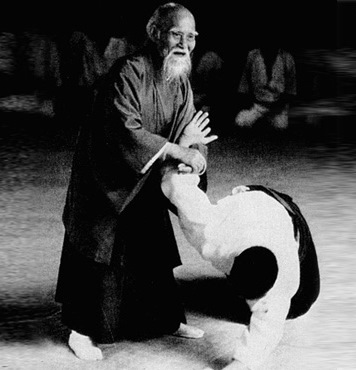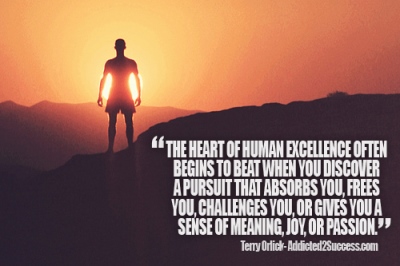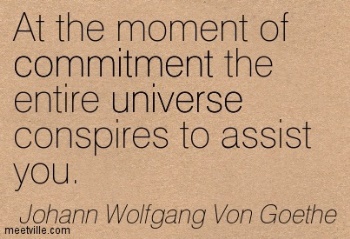Following on our discussion of prospect theory applied to project failures, there appear to be some ways to overcome this unconscious tendency to prefer desperate gambles to cutting losses when it appears that there is a high probability of significant losses.

That seems to be what makes the difference between the professional and the amateur when it comes to gambling or to trade on markets: professionals know how to cut their losses, and it is in part because they are working on a very high number of attempts, and through repeated and frequent exposure to the situation. What is important for them is that overall, on a large portfolio of attempts, the wins slightly exceed the losses. So they learnt to cut and take their losses without too much emotion when it happens, before the losses become too overwhelmingly high. On the contrary, amateurs stick to their position and drown with it.
In other situations like project management it is less possible to play the game of having a large portfolio, although that it often possible at the company level. Here again, what is really important is to be able to cut losses before they become so big that they can sink the organization. Most organizational failure come from the avoidance of cutting losses while the situation was still manageable.
The solution is really to become a professional and recognize, either through repeated exposure or through reflection on one’s inner workings, that we tend to be risk-taking in certain situations, beyond what would be reasonable. And to be courageous enough to stop and take one’s losses even if that means losing one’s reputation of being able to deliver. That is always better than to lose its all.









 We all need passion in our life and it is the root of our achievements – in any area where that is applicable. Passion is needed for us to have the courage, do the effort and the work that these achievements do require.
We all need passion in our life and it is the root of our achievements – in any area where that is applicable. Passion is needed for us to have the courage, do the effort and the work that these achievements do require. “Until one is committed, there is hesitancy, the chance to draw back. Concerning all acts of initiative (and creation), there is one elementary truth, the ignorance of which kills countless ideas and splendid plans: that the moment one definitely commits oneself, then Providence moves too. All sorts of things occur to help one that would never otherwise have occurred. A whole stream of events issues from the decision, raising in one’s favor
“Until one is committed, there is hesitancy, the chance to draw back. Concerning all acts of initiative (and creation), there is one elementary truth, the ignorance of which kills countless ideas and splendid plans: that the moment one definitely commits oneself, then Providence moves too. All sorts of things occur to help one that would never otherwise have occurred. A whole stream of events issues from the decision, raising in one’s favor Hugh MacLeod reminds us that “this stuff is NORMAL. No, it’s not easy, but hey, no truly interesting and meaningful life ever happened without a lot of this kind of ordeal. Trust me, we are the lucky ones. The unlucky ones are the ones who go their entire lives without ever feeling it.”
Hugh MacLeod reminds us that “this stuff is NORMAL. No, it’s not easy, but hey, no truly interesting and meaningful life ever happened without a lot of this kind of ordeal. Trust me, we are the lucky ones. The unlucky ones are the ones who go their entire lives without ever feeling it.”